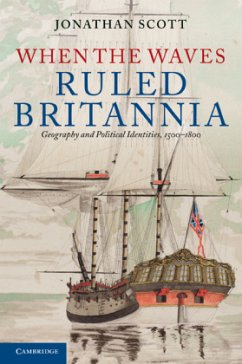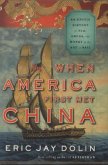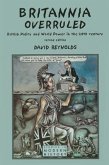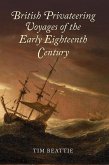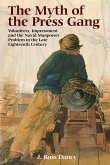How did a rural and agrarian English society transform itself into a mercantile and maritime state? What role was played by war and the need for military security? How did geographical ideas inform the construction of English - and then British - political identities? Focusing upon the deployment of geographical imagery and arguments for political purposes, Jonathan Scott's ambitious and interdisciplinary study traces the development of the idea of Britain as an island nation, state and then empire from 1500 to 1800, through literature, philosophy, history, geography and travel writing. One argument advanced in the process concerns the maritime origins, nature and consequences of the English revolution. This is the first general study to examine changing geographical languages in early modern British politics, in an imperial, European and global context. Offering a new perspective on the nature of early modern Britain, it will be essential reading for students and scholars of the period.
'This witty, allusive and important study illuminates how 'the discipline of the sea' made England an island nation and Britain an imperial power. By showing how British history, politics and identity were formed through and against not only other islands but also Asia and continental Europe, Scott brings postcolonial, transnational and revisionist perspectives into productive proximity to produce a new and tantalizing reading of the languages of power.' Kathleen Wilson, State University of New York, Stony Brook

